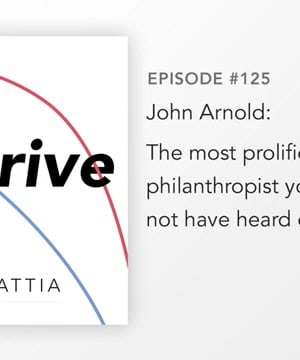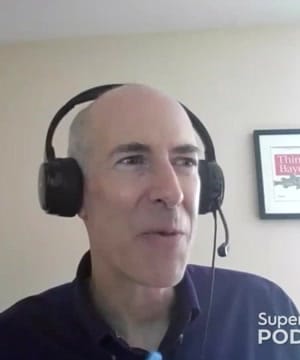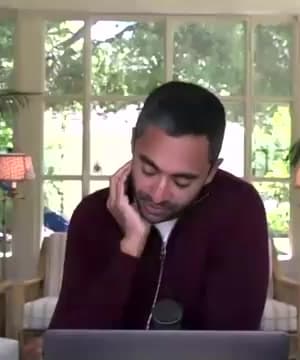Political window
Sources:
The concept of a political window, often referred to as the Overton Window, describes the range of ideas considered acceptable in public discourse at any given time. Here are a few insights from various experts discussing this concept and its implications:
-
John Arnold discusses the idea of political windows in the context of policy-making. He emphasizes the importance of being proactive and prepared with evidence-based ideas for when the window of opportunity opens, especially with complex issues like pharmaceutical pricing 1.
-
Allen Downey elaborates on the Overton Window, explaining it as the spectrum of political ideas that are mainstream and acceptable to the electorate. He introduces the "Overton paradox," a concept he coined to explore how radical ideas can become mainstream over time 2.
-
Jon Lovett highlights how advocating for radical ideas, such as defunding the police or abolishing ICE, helps shift the Overton Window. This makes space for more moderate reforms, illustrating how pushing boundaries in political discourse can lead to gradual change 3.
-
Chamath Palihapitiya comments on how both the political left and right fail to engage meaningfully due to their respective extremes. He uses the Overton Window to show how certain terms and ideas can be politicized and shifted out of acceptable discourse, stressing the need for clearer and more unifying public conversations on critical issues like energy independence and technology 4.
These discussions show how the Overton Window can be a powerful tool in shaping public policy and political strategies by altering what is considered acceptable or mainstream thought.
RELATED QUESTIONS-



